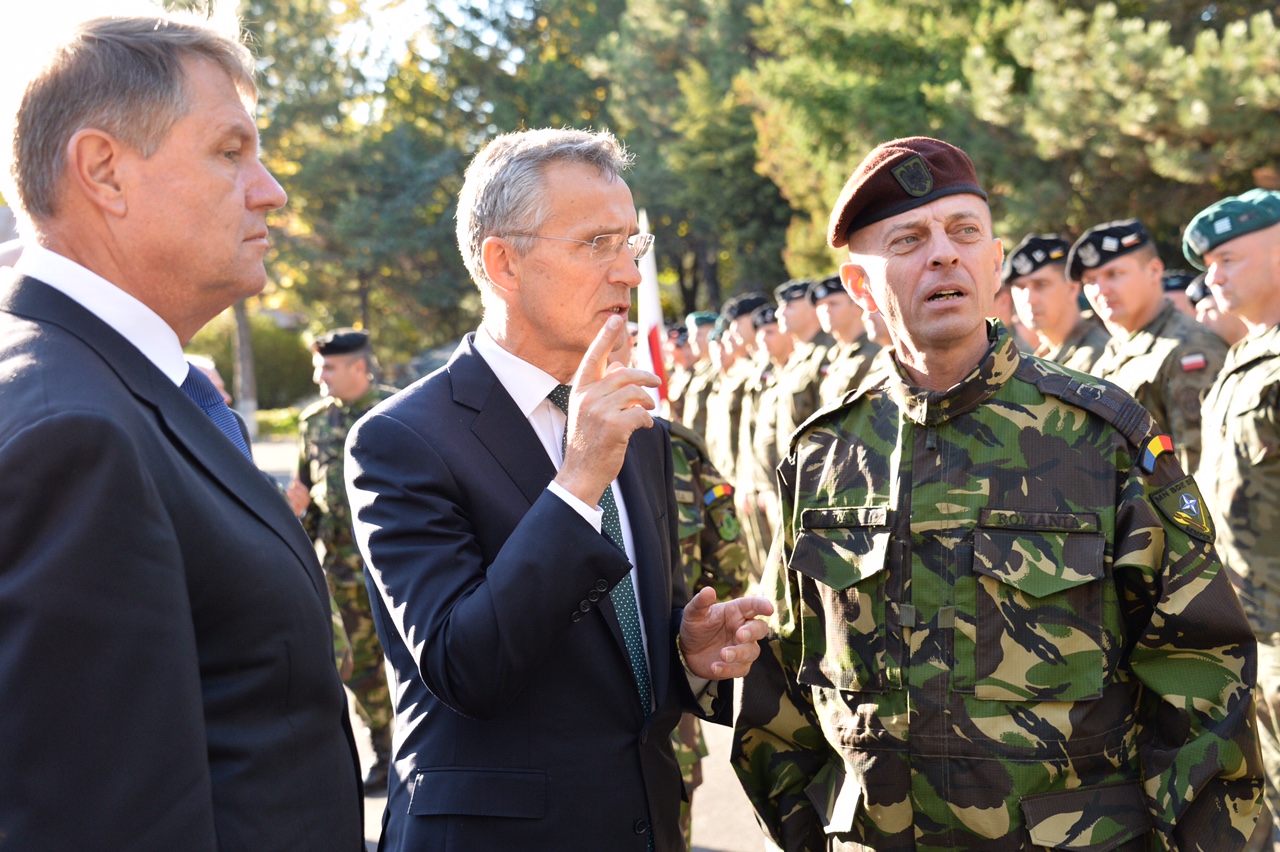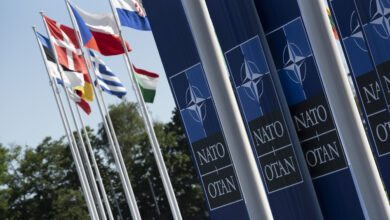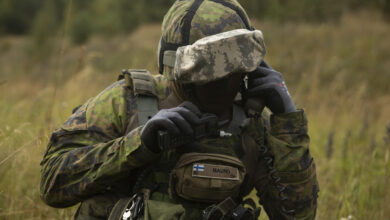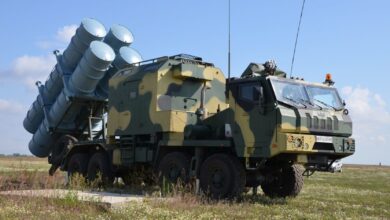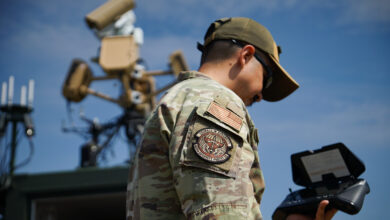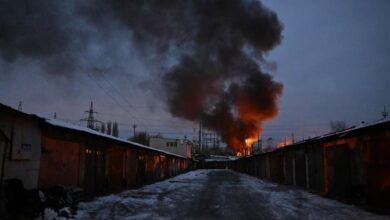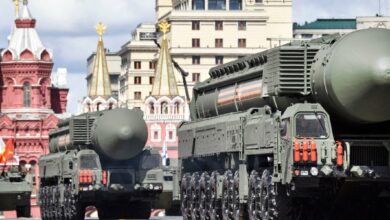NATO accounts for more than half of global military spending
Total military spending by all 29 NATO members was $900 billion in 2017, accounting for 52 per cent of world spending, SIPRI says
The 29 NATO member states accounted for more than half of the world’s total military spending last year, driven in part by tensions with Russia along the alliance’s eastern frontier, according to a new Stockholm International Peace Research Institute report.
The accounting comes as the U.S. and NATO Secretary-General Jens Stoltenberg push the alliance members to spend more of their GDP on defense, and as Russia’s own military spending fell for the first time in 20 years.
In a report released on Wednesday, May 2, SIPRI said military spending among NATO members in 2017 was $900 billion, accounting for 52 percent of $1.7 trillion in global defense expenditures.
Russia’s military spending in 2017 was $66.3 billion, 20 percent lower than the year before and the first annual decrease since 1998.
SIPRI noted that “weight of military spending is clearly shifting away from the Euro-Atlantic region” into places like China and Saudi Arabia, but spending in both Central and Western Europe increased last year.
More: China to boost defense spending by 8.1% in 2018
Military expenditures in Central Europe increased 12 percent and those in Western Europe increased by 1.7 percent. In total, global defense spending increased just 1.1 percent in 2017, representing 2.2 percent of the global GDP, or $230 per person.
SIPRI uses the term military expenditure to refer to all government spending on military activities, including salaries, operational expenses and arms and equipment purchases, but also research and development, administration, and command and support.
“We don’t want a new arms race”
Despite the push for alliance members to spend at least 2 percent of their GDP on defense, Stoltenberg said in March that NATO does not want to return to Cold War hostilities with Russia.
“We don’t want a new Cold War, we don’t want a new arms race, Russia is our neighbour therefore we have to continue to strive for an improved better relationship with Russia,” he told BBC radio while expressing support for the U.K.’s strong stance on the March 4 nerve agent attack in Salisbury.
After winning re-election in March, Putin said Russia would reduce its defense spending in 2018 and 2019 without causing “any decline in the country’s defense capacity.”
Russia’s defense budget has been hindered by its economic problems and exacerbated by Western sanctions imposed after 2014.

